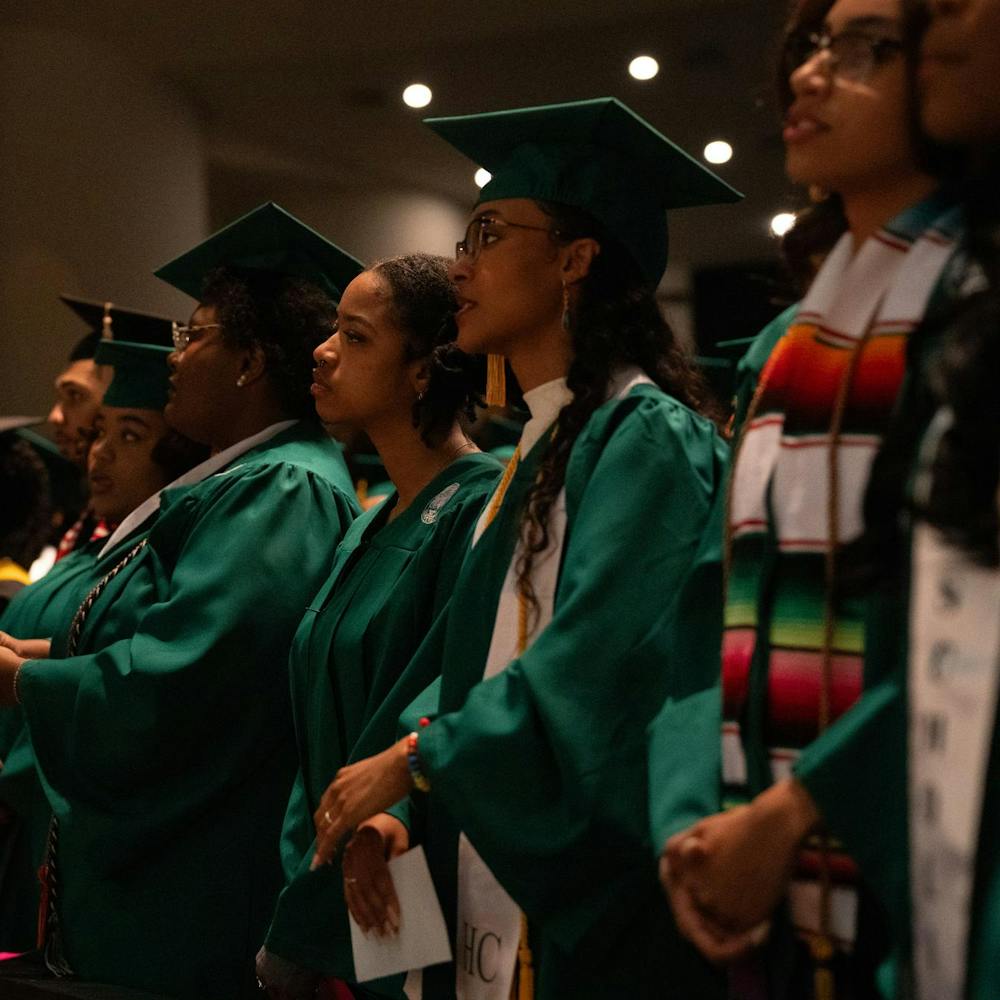Language and lifestyle may have been barriers but Adam Szlachetka, along with other students nationwide, learned they had one thing in common with Mexican workers - they were all fighting for a difference.
Along with 14 other people, Szlachetka, an MSU political economy senior, traveled to Metepec, Mexico, two weeks ago for five days to speak with striking workers who work for the Kukdong Factory - one location Nike Inc. uses to produce clothing for many universities, including MSU.
“The biggest thing about this trip was knowing that all the work we are doing is being noticed by the workers,” said Szlachetka, who is a member of Students for Economic Justice, a student-led movement against unfair labor conditions and universities involved with companies tied to sweatshop involvement.
“One worker had said that he had heard about us,” Szlachetka said. “But the worker then said he didn’t believe we exist.”
Eric Brakken, from the national organizer for Students Against Sweatshops, said a national search was done to select the students who attended.
The students hoped to act as both peers and supports of striking workers while in Mexico, Szlachetka said.
“This delegation broke two stereotypes down,” he said. “On one hand, the helpless young girls being oppressed by corporations, and on the other the super-heroic unionizer who can do no wrong.
“They were regular kids who want to have a good time and want a good life.”
Szlachetka said the students and workers would spend time together, and played soccer at night.
“It’s easy to sit in boardrooms in America and discuss how we can help,” he said. “But the workers have to work or they have no money.”
The group was able to see firsthand the working conditions, and also visited where the Mexico resident lived. Szlachetka said he didn’t want to “exploit living conditions,” but admitted they were “pretty bad.”
“Most of the workers are 17-to 19-year-old girls, and they get up at 5 a.m. and work until 8 p.m.,” he said. “Then they go to sleep and get up the next day to do it all over again.”
One thing Szlachetka said United Students Against Sweatshops does not advocate is boycotting companies associated with sweatshops because by hurting the companies, employees could lose their jobs.
Vanessa Nisperos, a junior at San Jose State University, said the trip motivated her to return home and continue trying to make a difference.
“Seeing that the workers are actually standing up for themselves in the face of the actual oppression was very inspiring,” she said. “The biggest thing was I came back with a fuller sense of exactly what we need to do to support the workers.”
The age of the employees surprised Nisperos.
“Seeing people actually in the factory seemed like junior high,” she said. “I had heard they were young, but I expected older faces.”
Jon Rodney, a University of California-Berkeley sophomore on the trip, was also taken aback by the young workers.
“I didn’t even know what a union was when I was 17,” he said. “It really made me realize the importance of our work.
“It meant a lot to the workers that we cared.”






